Illustration by Brian Rea
I grew up in small-town Kentucky, among great neighbors—a sculptor, an activist, kids conveniently young enough for me to babysit. A woman who kept lazy horses, another who taught me piano, a man who sneezed so loud we’d scream “God bless you, Pop!” through the woods, three acres away.
My adulthood has been split between New York City and Los Angeles, in apartments bound by neighbors on all sides. They have been loud and nosy and sloppy. When my fiancé, Jared, and I signed a lease on a freestanding house in Echo Park, we looked at the flower gardens and the patio and thought, finally, space. Sanity. A neighborhood. I introduced myself to the retiree opposite.
“People call me The Mayor. I’m in charge of this street,” he said, as his German shepherd peed on Jared’s Vespa. “You’re a writer. I’m gonna need you to write my retirement video. Or make it. Whatever you do.” He gathered phlegm in his throat and spit it on our yard.
“Nowhere will ever be Kentucky,” I sighed to Jared. We started wearing big hats when we weeded, to avoid mayoral eye contact and, therefore, conversation.
In August, the tenants next door moved out. A new family moved in. I’d just turned the hard dirt strip between our house and their chain-link fence into a mulched walkway with a hammock swing at one end, jasmine bushes wound into an arched trellis at the other. I was watering the bushes when the new family’s kids streamed into the backyard. The first, a girl, glided down the steps, her rayon skirt fluttering. The second, a boy, flung himself into the outdoors. The third, a young man, hobbled, clutching the banister. The fourth, a young woman, steadied him. The kids hadn’t brought out any toys, and when they settled into the sun, they dragged their fingers back and forth through the garden’s decorative pebbles. They were bored.
“Hi,” I said.
They looked me, at each other, at me again.
“Hi,” the young woman said. She adjusted her hijab.
“Are you all moved in?”
The kids looked at me, at each other, at me again, but this time, didn’t answer.
“Where did you move from?”
The two girls conferred.
“Syria,” the young man answered, pronouncing the word in Arabic. “No English.”
Jared’s voluminous cat wandered around the corner. The kids jumped.
“That’s Abby,” I said.
Even though the chain-link protected him, the youngest boy scrambled backwards. I pet the cat.
“She’s nice,” I said. The kid was agape. “Abby. A good cat.”
“Habi?” He inched back to his original spot in the sun.
“Yes,” I said.
I went inside and posted on Wellesley’s various Facebook groups—a call for Syrian Arabic translators. From Jordan, alums Nora Jarrah ’02 and Priscilla Yoon ’08 Skyped incremental introductions between the kids and me. I emailed my neighbors’ landlord, who connected me to the family’s sponsoring church. The woman there said if I wanted to collect workbooks and educational materials, she wouldn’t complain. The kids wouldn’t be in school for several months. I posted to Wellesley’s Sed Ministrare group on Facebook, a forum for fulfilling our motto’s call to ministering, and the care packages started piling up on our stoop. When I delivered the flashcards and crayons, I would explain, “Wellesley again.” Ten minutes later, the brigade of children would cross our yards, push plates of stuffed grape leaves onto my protesting palms.
The call for translators brought friends of Wellesley friends who lived in L.A. We’d all squeeze into our living room, and through the translated pieces, glean more of each other’s histories. They learned when Jared and I were getting married, that we had moved to Los Angeles not long ago, too. We learned that they’d lived the last three years in a Jordanian refugee camp, ever since their oldest son had crossed a street in Aleppo and was shot in the head by a sniper. They hoped medical help in the States would reverse his partial paralysis.
After the translators left, my neighbors would insist that Jared and I take a turn as guests—for instant coffee and Jenga at their house. Over-caffeinated, we’d insist on sidewalk baseball. Our little valley of Los Angeles gets spotty cell reception; they started borrowing our landline to make calls. In return, we’d get a bowl of soft candy. The youngest son took to knocking on our door midafternoon.
“Habi?” he’d ask, and Jared would nudge the cat out to play.
Another alum, Olivia Hsin ’02, emailed: She’d seen my posts, she lived down the street, she wanted to teach the mother to ride the bus to the farmers market. I called alum Em Larsen Sibley ’06 in New York, who explained this to my neighbors by phone. Off we went. At the market, the three of us paced among fruit stalls. Nothing seemed worth the few dollars in my neighbor’s pocket.
“I just remembered something,” I said, waving us to the market’s farthest end, where a table was stacked with fresh pita and dozens of types of hummus. My neighbor smiled.
The vendor was a hip kid—cool jeans, a tight shirt. He eyed my neighbor. “Where’s she from?” he asked.
“She’s my neighbor,” I said, defensive.
The vendor ignored me, turned to the older woman. “Where are you from?” he asked in Arabic.
“Syria,” she said.
The vendor switched dialects. After a few minutes, my neighbor held an armload of free bread and sauce.
“I’m from Iraq,” the vendor smiled at me. “Come back soon,” he said to my neighbor.
As rainy winter crept down our hills, talk began of the family moving to permanent housing. The sponsoring church had temporarily donated the cost of the house next door. With only a day’s notice, a move was set. The oldest daughter appeared at our doorstep, mimed that I should bring my wedding dress to their house. “For thank you,” she said.
I didn’t understand, but I lugged the box over. The father, who had been a tailor in Syria, motioned for me to put the dress on. I did. The skirt, too long, bunched on the ground. The father crouched at my hem, started pinning it up. He indicated I should take it off. As his sewing machine whirred, he told his youngest daughter to do something with his phone. Soon, a video played—animatronic cats dancing to an Arabic song. The father knew the words. He hummed, in a zone, then sang, his voice swelling. Finally, he relinquished himself to dance, moving his hips in time with the cats’. Bemused, the kids watched, like they knew where this was going. The video stopped.
“Habi,” the father exclaimed the punchline. His eyebrows waited for my laugh. His youngest son clasped his hands to his heart and chortled.
A few more cat videos and my dress fit perfectly. We embraced, embraced again, started crying, turned away.
A week later, the woman from the sponsoring church called me. “We’ve all been talking about this place you went to college.” She said she’d never seen a family welcomed the way Wellesley welcomed my neighbors. “They’re a hard placement. No relatives here, no friends. Those sorts of families are difficult.”
I didn’t know what to say. These neighbors had been the first since my youth to make me feel like I was back home. Back in a town where we crisscrossed each other’s yards and borrowed each other’s pets and needed only one common understanding to make a good joke. My neighbors were the opposite of difficult; they emanated something deeply familiar. How could someone claim they didn’t have friends here, in the United States? They had plenty—all of you, out there, the people you sent to them, the man at the market you showed them how to find.
 Kate Erickson ’05 is a TV writer based in Los Angeles, where she has written for Copper (BBCA), Mr. Robot (USA), and Fear of the Walking Dead (AMC). She can be found on Twitter at @katefromky.
Kate Erickson ’05 is a TV writer based in Los Angeles, where she has written for Copper (BBCA), Mr. Robot (USA), and Fear of the Walking Dead (AMC). She can be found on Twitter at @katefromky.

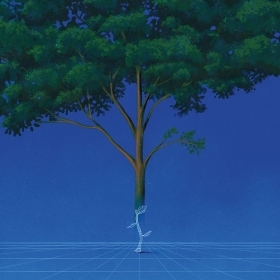
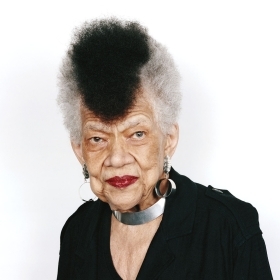
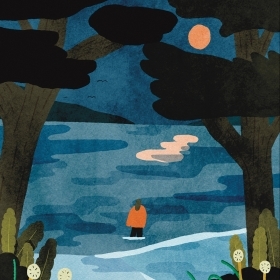
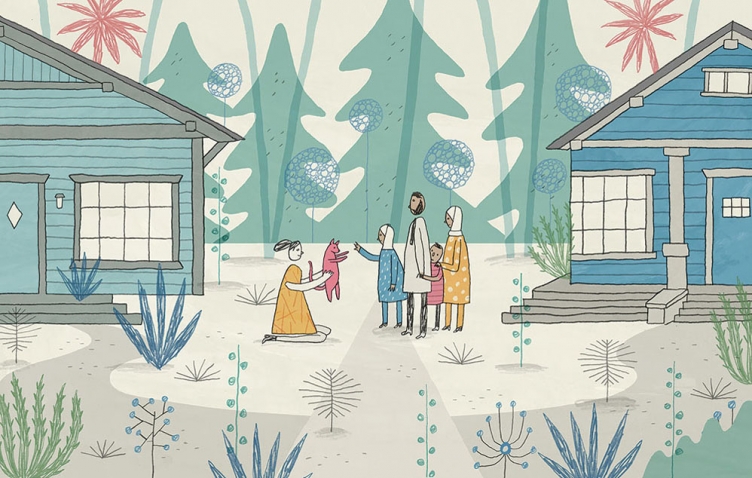
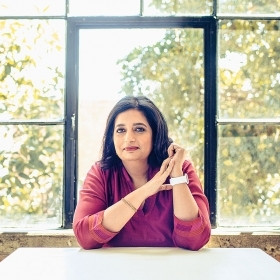
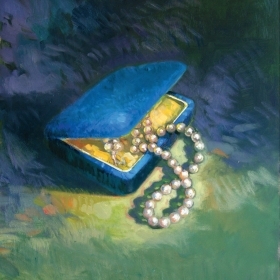
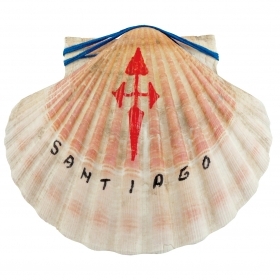
We ask that those who engage in Wellesley magazine's online community act with honesty, integrity, and respect. (Remember the honor code, alums?) We reserve the right to remove comments by impersonators or comments that are not civil and relevant to the subject at hand. By posting here, you are permitting Wellesley magazine to edit and republish your comment in all media. Please remember that all posts are public.